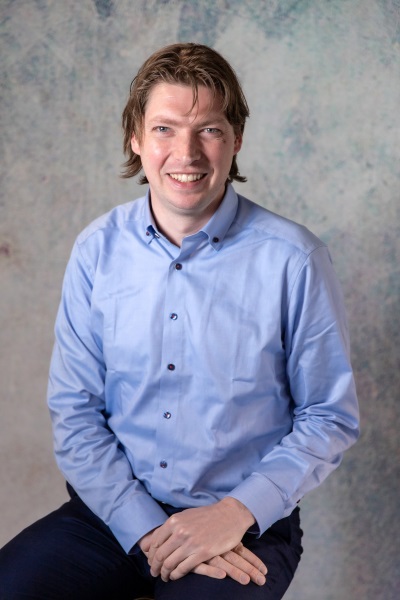Menno de Pater
Senior consultant
I started at Decisio in 2008. For more than ten years it has given me energy to tackle socially relevant issues together with a team of driven but above all fun colleagues. In doing so, we help our clients take things a step further and contribute to the efficient use of government funds. From small investments at neighbourhood level to major social themes such as the energy transition. Since society, economic science and technology do not stand still, both the issues and the possibilities for solving these issues continue to change. That makes the work permanently challenging.
As a ‘quantitative conscience’ I am involved in model and methodology development for our quantitatively more complex issues. I find it important that the figures are correct, but even more important to be able to substantiate and explain them. What do the figures and facts tell, but also: what don’t they tell? With these insights I try to make sure that with our advice the right considerations can be made.
And besides work?
I live in Haarlem together with my wife Caroline and children Pepijn and Laurens, right against the edge of the dunes. In all seasons I can regularly be found at the beach to get a breath of fresh air or to cool down. Cycling through the dune area always gives me an immediate holiday feeling. I also play tennis and try to take the racing bike to the office once in a while. The latter often turns out to be difficult to combine with taking children to the childcare. Most of my cycling kilometers are on a cargo bike, passing by the childcare, to and from the train station and on Fridays and weekends to the petting zoo, bakery, butcher and supermarket and all the other experiences I can make my sons happy with. “Going outside” is the magic word for a good mood at the moment, so I’ll keep it that way for as long as possible. It also gives me the necessary exercise to be able to practice my other hobby without too much shame: good food and cooking.
Advocative projects?
The number of projects I have enjoyed working on in recent years are now too many to mention. Mobility, energy, recreation and tourism are recurring themes. The research into Formula 1 in Zandvoort is the one that brought the most media attention and ultimately turned out to be the start of the process to actually bring the event in. The research we are currently carrying out into the urbanisation challenges in the Randstad conurbation, in which we are looking at the relationship between spatial development, mobility and (public transport) infrastructure in an innovative way, play an important role in weighing up important social issues. This also applies to our investigations into wind farms in the North Sea or expansion issues around Schiphol Airport and Lelystad Airport. However, it is precisely for smaller projects such as area development, bicycle connections or shopping malls that the direct impact and thus the contribution of our research is significant. That gives me at least as much satisfaction. As well as the development of innovative methods, such as the use of mobile phone data to carry out visitor analyses in an unambiguous manner, or methodology development in the field of SCBAs and economic impact analyses.
